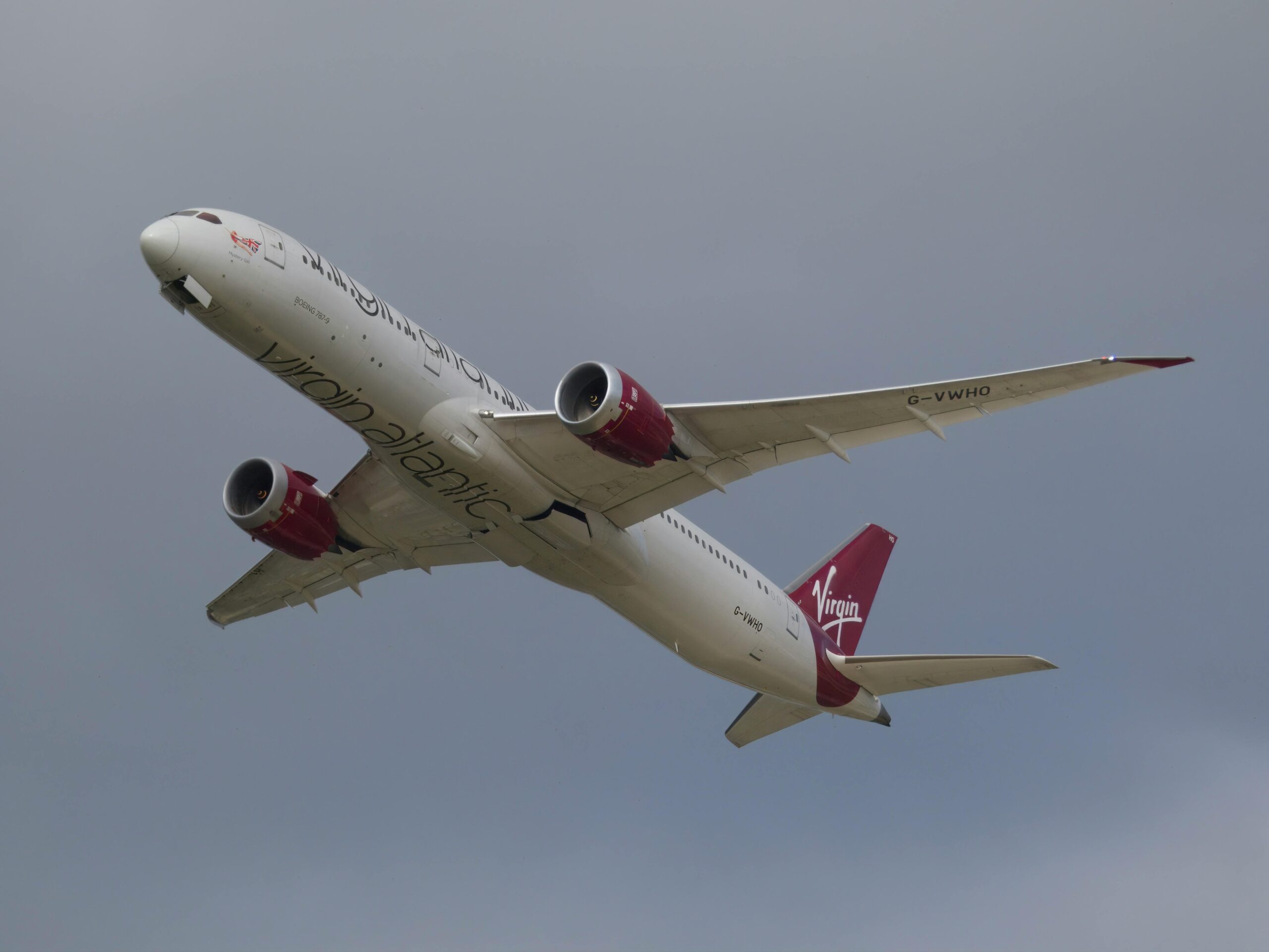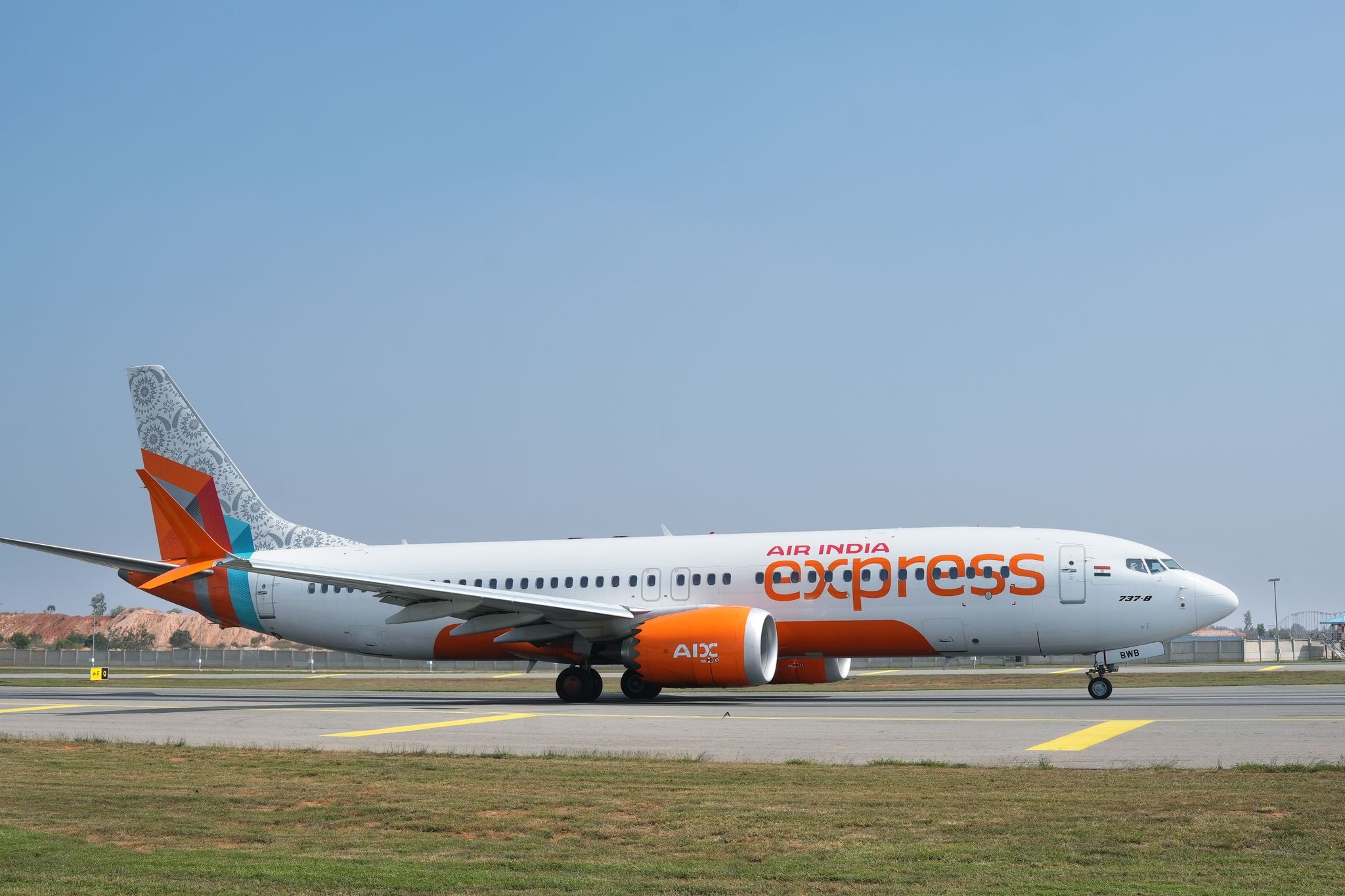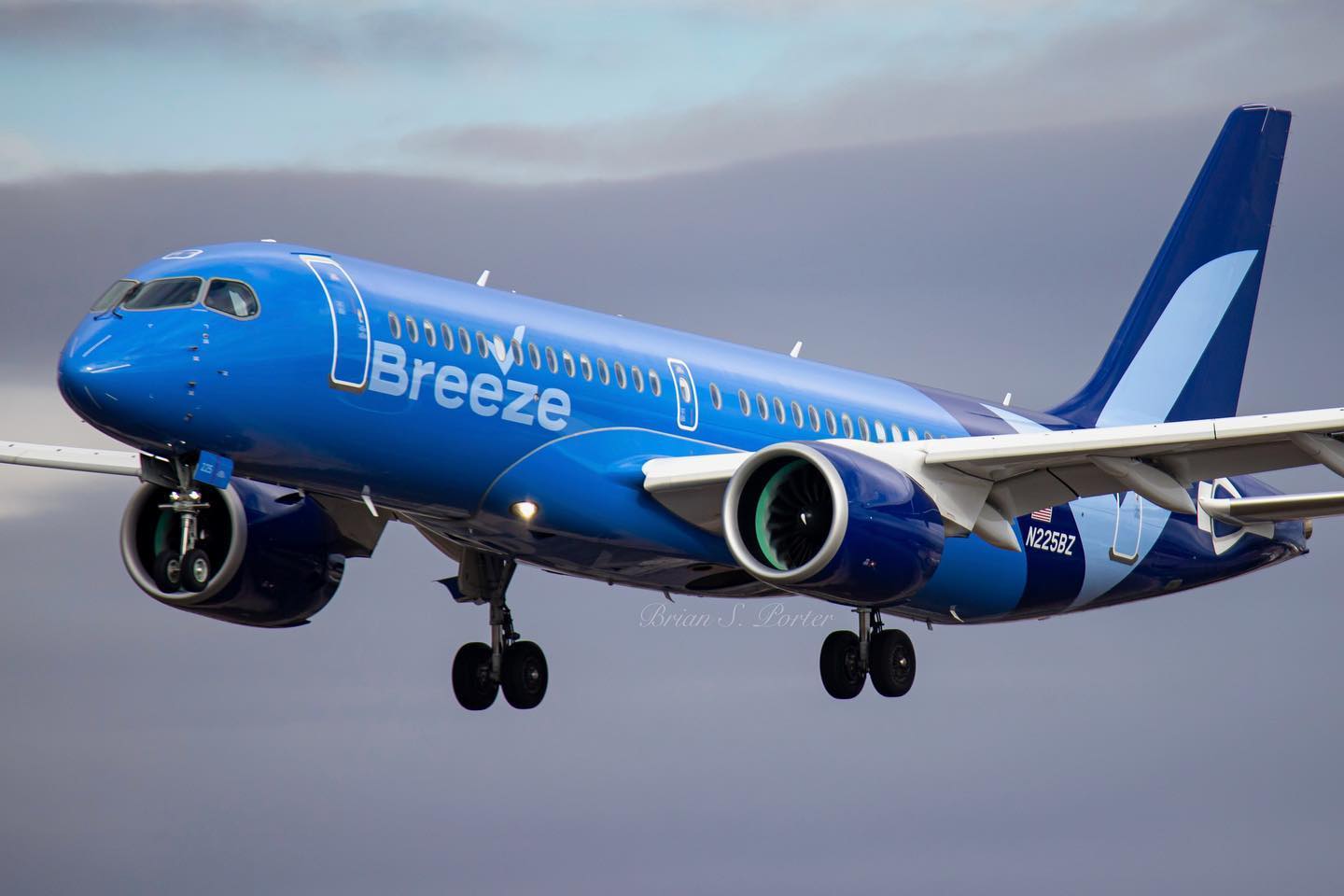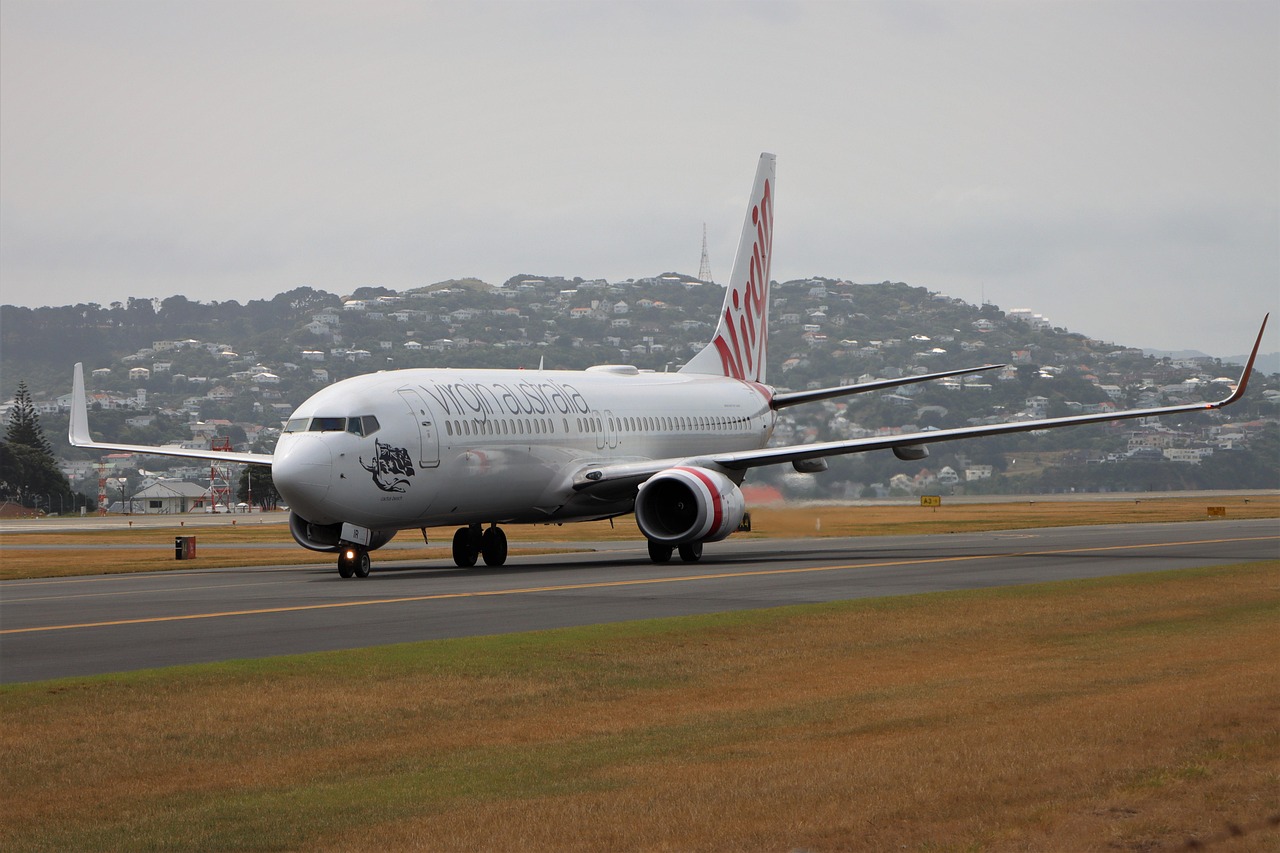Delta Air Lines is making a powerful move to grow its domestic footprint, even as the industry slows. Consequently, the airline is introducing fresh routes across major U.S. markets like Orlando, New York, and Austin. These new routes will help Delta Air Lines compete more effectively with low-cost rivals, which are currently facing customer dissatisfaction due to recent policy changes.
In addition, the airline has strategically chosen cities where demand remains high and competition is fierce. As a result, Delta Air Lines aims to attract passengers who are looking for better service and more competitive pricing. By entering these competitive spaces, Delta positions itself as a stronger alternative for travelers who seek reliability, convenience, and comfort. Furthermore, while some flights will run seasonally, others will operate daily, which will support consistent growth and service throughout the year.
Moreover, in Orlando and Austin, Delta is building seasonal routes that specifically appeal to leisure travelers. In addition to this, the airline is reinforcing its presence from major hubs like New York JFK, Minneapolis, and Salt Lake City. Delta’s expansion, therefore, reflects a strong, forward-thinking plan to meet travelers’ needs while pushing into high-demand markets. The carrier is using smaller regional aircraft for many of these new connections, which will enable efficient service on new city pairs.
This aggressive growth strategy follows recent policy changes from a major budget airline, which have caused frustration among its loyal customers. As a result, Delta Air Lines intends to benefit from this shift by offering consistent policies, strong customer support, and a dependable flying experience. Given that passengers are increasingly demanding stability, Delta stands to gain from these adjustments and attract those seeking a more reliable service.
By acting decisively and targeting key regions, Delta ensures it stays ahead in a challenging market. Moreover, these route additions support its broader 2025 growth strategy, which includes capturing market share from less reliable competitors. With more destinations, competitive fares, and daily flights, Delta Air Lines is well-positioned to maintain its growth trajectory and solidify its leadership role in U.S. aviation.
Related stories:
Catch up on the top stories and travel deals by subscribing to our newsletter!












Leave a Reply